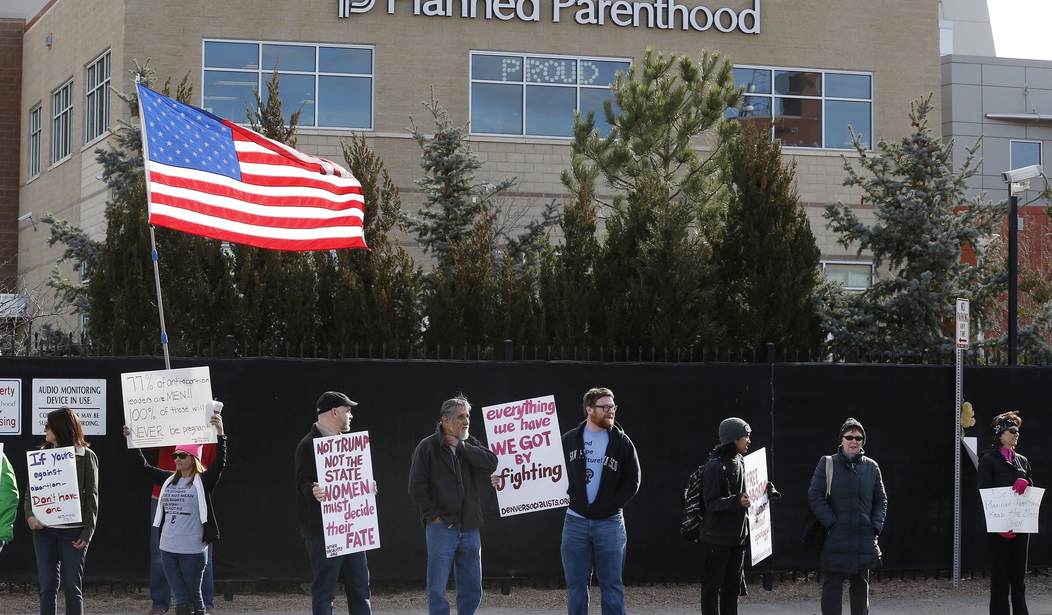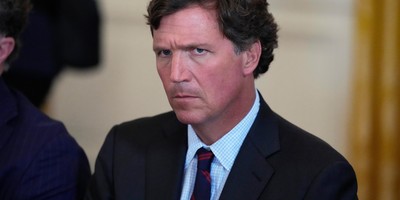With the 2020 elections coming up, it’s time for an honest conversation about most abortion polling; they are about as reliable as a weather report, partly sunny, party cloudy and subject to interpretation. Regularly, polls on abortion are overly simplistic and lack basic information that would help the respondent answer the question in a way that would give a more complete picture of where they stand on the issue of abortion.
Case in point: College Pulse recently released a survey of over 10,000 college students, asking them about their views on abortion. The title of the summary article states, “College students support legal abortion” and says, “The majority of college students (78%) believe abortion should be legal in all or most cases.” But in their own poll, when it gets to specifics a far different picture emerges.
For example, one question asked about support for abortions if a woman had experienced difficulties commonly cited as abortion absolutes – ending life in cases of rape, health of the mother, fetal abnormalities, or abusive/unsupportive relationships. Even with those issues in mind, support for abortion was low, ranging from 14% to 24%. Put another way, that means up to 86% of respondents didn’t support abortion in even the so-called toughest cases.
But the poll also illustrates the problems with asking overly simplistic questions. For example, the poll straight up asks, “What is your opinion of Planned Parenthood?” with 70% having a very favorable or mostly favorable opinion. But no back-up information was provided about Planned Parenthood and their business model. It might have been worth noting, for example, that Planned Parenthood opposes any laws limiting abortion, and while only 20% of respondents said fetal abnormalities justify abortion, Planned Parenthood just argued in court that Down syndrome abortions should be legalized.
Recommended
The Institute for Pro-Life Advancement, the research arm of Students for Life of America, conducted a poll in January 2019 that examined the kind of data possible when people are given more information about Planned Parenthood. When specifics were discussed support for Planned Parenthood dropped. For example, the poll, which targeted Millennials, found that 54% of respondents had a favorable opinion of Planned Parenthood, before they were presented with specifics.
However, when the Institute for Pro-Life Advancement started adding more qualifiers to the questions, such as Planned Parenthood’s emphasis on abortion, support fell to 41%. When respondents were told about Planned Parenthood’s profitability and political spending, support dropped to 35%. Both of these examples show that when respondents learn about how Planned Parenthood focuses on abortion, profits and politics rather than traditional healthcare, support declined.
Planned Parenthood wants people to believe that taxpayers support sending their hard-earned money to the nation’s No. 1 abortion vendor, but their argument is based on the fallacy that abortion vendors don’t receive money for abortions.
For example, their website lists a poll purporting to show 75% support for Planned Parenthood, but that survey addressed funding to Planned Parenthood for non-abortion services. And it ignores the reality that money is fungible and can cover the costs of personnel, the electric bill or the rent even if on paper funds technically did not pay for an abortion.
A similar poll claims to show 57% of Trump supporters stand with Planned Parenthood, but that again misleads, as what it actually showed was opposition to “actions that would prohibit women from accessing birth control, well-woman care, and cancer screenings at Planned Parenthood.” Once again, the pollster ignored the elephant in the room, abortion, in evaluating even GOP support for the abortion mega vendor.
When the question is asked in a way that explains Planned Parenthood’s abortion-centric business model that pulls in half-a-billion in taxpayer dollars, support drastically drops to around 40 to 50%, more aligned with the general split on abortion support and opposition. This doesn’t even take into account the fact that many Americans may not know that federally qualified health centers can absorb Planned Parenthood’s patients--and provide a higher quality of overall care.
Again, in the Students for Life poll, by about a 3 to 1 margin (48 percent to 17 percent), Millennials said they preferred that their tax monies went to Federally Qualified Health Centers rather than the abortion giant, Planned Parenthood, after they learned more about both options and the healthcare services available.
If Planned Parenthood truly was not underwriting its abortion business with family planning dollars, it would drop the opposition to the Protect Life Rule, a change to the Title X family planning program, preventing them from closing an abortion sale when handling family planning appointments. In fact, when Ivanka Trump and Jared Kushner, advised Planned Parenthood to financially separate their abortion business from their non-abortion business so that they could continue to operate, Planned Parenthood called the proposal a bribe -- as if they are entitled to taxpayer funding without restrictions.
It’s all the money for the nation’s No. 1 abortion vendor as well as streamlined access to drugs and surgeries that end life, and as breaking down the polls show, when people learn more about Planned Parenthood, support evaporates.
Matt Lamb is Director of Communications for Students for Life of America serving more than 1,200 groups on college, university and high school campuses in all 50 states.
























Join the conversation as a VIP Member